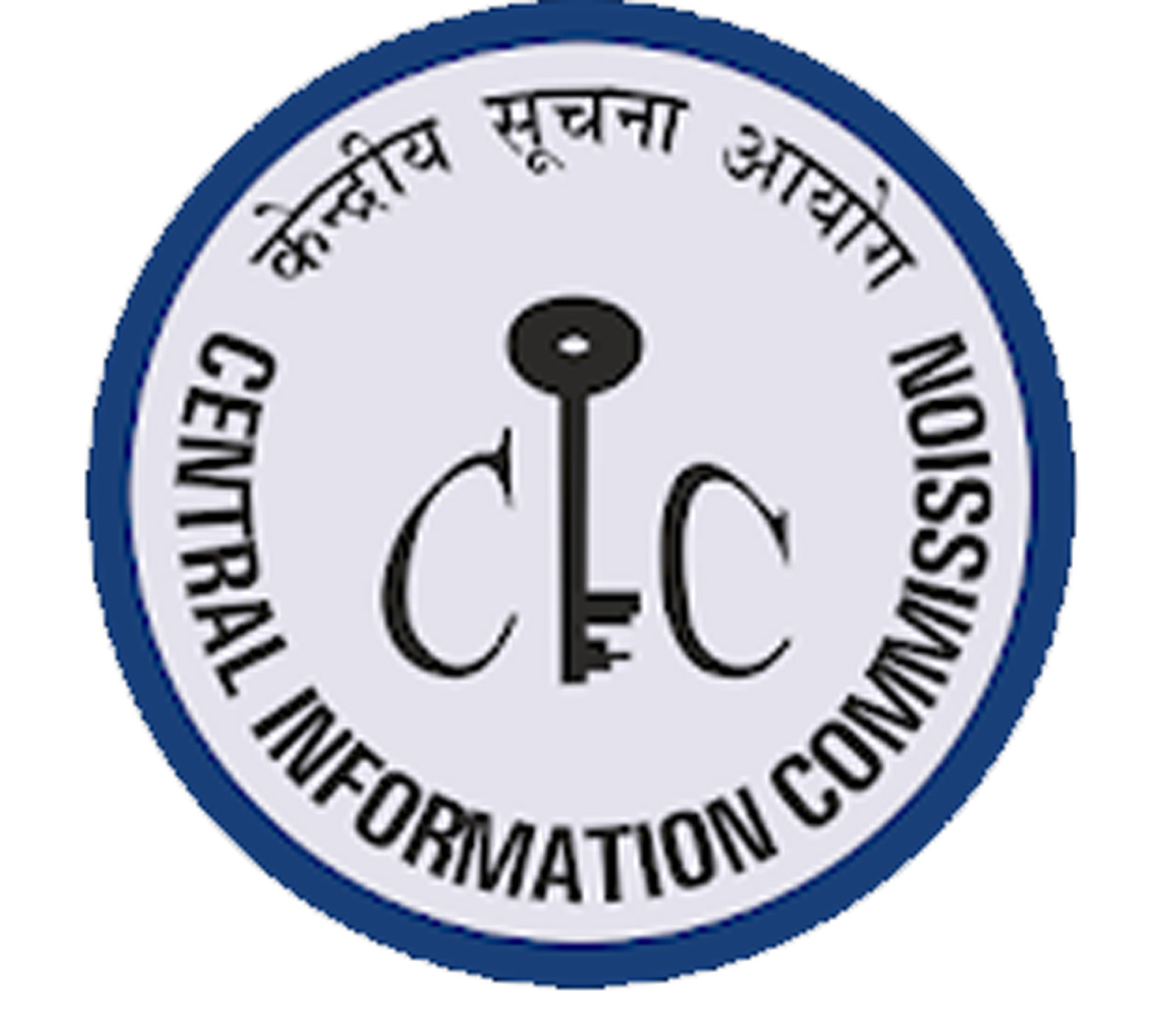‘Technical approach shouldn’t come in way of substantial justice’
Takes serious note of delay in giving information
Mohinder Verma
JAMMU, July 17: Central Information Commission (CIC) has passed strictures against a Deputy Commissioner and Assistant Commissioner Revenue (ACR)of the Union Territory of Jammu and Kashmir and warned of initiating penal action if they fail to ensure that relies to RTI applications are provided within the stipulated time period.
An applicant had filed application under Right to Information Act before the PIO in the office of Chairman District Disaster Management Authority (Deputy Commissioner) Kulgam on June 29, 2020 seeking information on 16 points—-how much funds were allocated as well as released under DDMA to combat COVID-19; how much funds were received as donation from different organizations; how many donations have been received in the form of masks, hand sanitizers, PPE kits and medical equipments and how many masks, hand sanitizers and PPE kits were distributed among front liners as well as in red zones.
Having not received any information, the appellant filed a First Appeal dated September 1, 2020 but the same remained unheard. Accordingly, the appellant knocked the doors of the Central Information Commission.
During the course of hearing, a written statement of PIO and Deputy Commissioner Kulgam was received in the Central Information Commission mentioning that First Appeal filed on August 16, 2020 was received on September 9, 2020 on the basis of which information was provided to the appellant on October 7, 2020.
The appellant also acknowledged the receipt of information but stated that the same was received after filing of First Appeal.
Keeping in view the facts of the case and submissions made by both the parties, the Chief Information Commissioner Y K Sinha observed, “there has been a delay in providing information to the appellant”, adding “the proof of dispatch of email and WhatsApp message enclosed with the written submission is dated October 20, 2020 and October 28, 2020 respectively and not October 7, 2020”.
Accordingly, the Commission has cautioned the PIO and the Deputy Commissioner Kulgam to ensure that replies to RTI applications are provided within the stipulated time period failing which penal action as per the RTI Act shall be initiated by the Commission in future.
Another case before the Central Information Commission was that on June 29, 2020 an application was filed before the PIO (Assistant Commissioner Revenue Budgam) seeking information about mutations attested by two Tehsildars; details of land provided to the landless people by the then Prime Minister of J&K in the year 1955 etc.
However, information was not provided to the applicant and even First Appeal remained unheard.
During the course of hearing, Assistant Commissioner Revenue Shabbir Ul Hassan reiterated the written submissions wherein it was stated that the IPO enclosed with the RTI application was addressed to PIO in the office of DC Budgam in contravention to Rule 6(b) of the RTI (Mode of Payment of Feel) Rules, 2012 which he was supposed to make in favour of Accounts Officer with DC.
Accordingly, the postal order was returned to the appellant with a request to resubmit the application with the correct IPO and with the advice to prefer his application before the Tehsildar Budgam being the Registrar of records.
Keeping in view the facts of the case and the submissions made by both the parties, the Commission observed, “the instant RTI application has been handled in a very casual manner as is evident from the written submission of the office of the Deputy Commissioner”, adding “they have not bothered to provide the information even after a period of almost one year from the filing of RTI application”.
“They have taken a plea that it should have been filed before a subordinate officer. Moreover, the plea that IPO was not addressed to the correct authority is an obfuscation”, the Commission said, adding “instead of adopting a technical approach and asking the appellant to submit the RTI fee through a correct IPO, the CPIO should have focused on the RTI queries and provided point wise response”.
Pointing towards the orders of the Department of Personnel and Training of Government of India and judgment of Delhi High Court, the Commission said, “the technical approach undertaken by the Public Authorities for not filing the RTI application with the prescribed RTI fee should not be allowed to come in the way of substantial justice”.
Accordingly, the Commission has directed the PIO in the office of Deputy Commissioner Budgam to examine the RTI application and provide point wise information under intimation to the Commission.
The Commission has cautioned the PIO in the office of Deputy Commissioner Budgam (Assistant Commissioner Revenue) to ensure that replies to RTI applications are provided within the stipulated time period failing which penal action as per the RTI Act may be initiated by the Commission in future.
Trending Now
E-Paper


